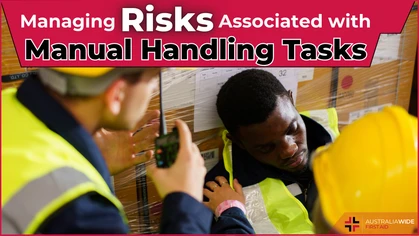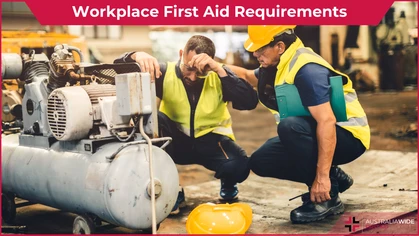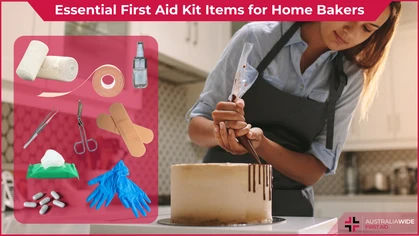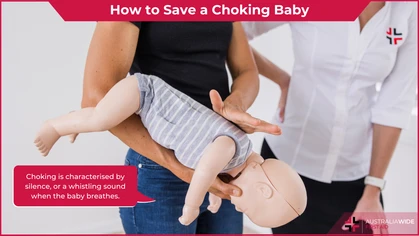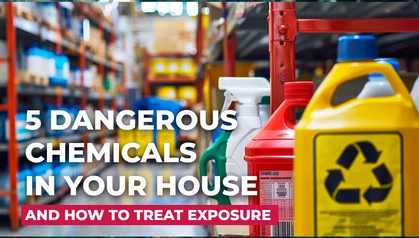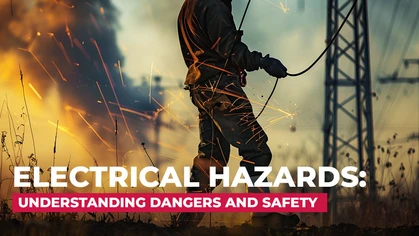Stay Healthy with These 4 Food Safety Tips: Preventing Foodborne Illness and Protecting Your Health

Danger
 Eating food is essential to our lives. It nourishes us and gives us the energy to carry out our daily activities. However, food can also make us sick if improperly handled or prepared.
Foodborne illness or food poisoning is a serious health concern affecting millions worldwide every year. Symptoms of food poisoning can range from mild to severe and can be life-threatening in some cases.
Below, you will find Four food safety news to prevent foodborne illness and protect your health.
Eating food is essential to our lives. It nourishes us and gives us the energy to carry out our daily activities. However, food can also make us sick if improperly handled or prepared.
Foodborne illness or food poisoning is a serious health concern affecting millions worldwide every year. Symptoms of food poisoning can range from mild to severe and can be life-threatening in some cases.
Below, you will find Four food safety news to prevent foodborne illness and protect your health.
Cleanliness is key to preventing cross-contamination
One of the most critical food safety tips is maintaining cleanliness when handling food. Before preparing food, you should always wash your hands thoroughly with soap and cold water. Keeping all cooking utensils, cutting boards and surfaces clean and free of harmful bacteria is also important. You should also avoid cross-contamination when preparing food, keeping raw meat and poultry separate from other foods and using separate cutting boards and utensils.- Wash hands thoroughly with soap and cold water before handling food.
- Keep all cooking utensils, cutting boards, and surfaces clean and free of harmful bacteria.
- Avoid cross-contamination by separating raw meat and poultry from other foods and using separate cutting boards and utensils.
Cook food thoroughly to prevent mild food poisoning
Another essential step in food safety is to cook food thoroughly to prevent mild food poisoning. Cooking meat and poultry at the appropriate temperature is crucial to kill any harmful bacteria. You can use a meat thermometer to ensure that meat and poultry are cooked to the correct temperature.- Chicken should be cooked to an internal temperature of 74°C to kill bacteria like staphylococcus aureus
- Ground beef should be cooked to an internal temperature of 71°C
- Whole beef, pork, and lamb should be cooked to an internal temperature of 63°C
Store food safely to prevent foodborne illness
To ensure food storage and prevent foodborne illnesses, it's crucial to store food properly. Promptly refrigerate perishable foods such as dairy products, cooked foods, and leftovers. Ensure they are stored below 40°F (4°C) to prevent harmful bacteria growth. It's also important to store food in airtight containers to prevent contamination, particularly for raw meat and poultry, which can release juices that may contain harmful bacteria. When storing food in the refrigerator, keep raw meat and poultry separate from other items and store them on the bottom shelf to prevent juices from contaminating other items.- Refrigerate perishable foods like dairy products, cooked foods, and leftovers promptly
- Store perishable foods at a temperature below 40°F (4°C) to prevent the growth of harmful bacteria
- Store food in airtight containers to prevent contamination
- Keep raw meat and poultry separate from other food items and store them on the bottom shelf in the refrigerator to prevent juices from contaminating them.
Check food expiration dates and prevent dehydration
It is important to check the expiration dates of food items to prevent foodborne illness. Even if a food item has not expired, it may no longer be safe to eat if it has been stored for too long. It is also important to prevent dehydration drinking fluids, and oral rehydration solution when treating food poisoning. In case of food poisoning symptoms, such as nausea, vomiting, and diarrhea, you should seek first aid treatment for food poisoning. The first aid treatment for food poisoning includes drinking plenty of fluids to prevent dehydration and avoiding solid foods until the symptoms of food poisoning subside.- Check expiration dates of food items to prevent foodborne illness.
- Staying hydrated with the right amounts of water prevent the risk of dehydration when treating food poisoning.
- Seek first-aid treatment for food poisoning in case of symptoms such as nausea, vomiting, and diarrhea.
- First-aid treatment for food poisoning includes drinking plenty of fluids to prevent dehydration and avoiding solid foods until the symptoms of food poisoning subside.
How to prevent foodborne illness?
There are several ways to prevent foodborne illness:Maintain cleanliness
When comes to food handling, wash your hands thoroughly with soap and cold water before preparing food. Keep all cooking utensils, cutting boards, and surfaces clean and free of harmful bacteria.Avoid cross-contamination
When preparing food, keep raw meat and poultry separate from other foods and use separate cutting boards and utensils.Cook food thoroughly
To prevent mild food poisoning. Use a food thermometer to ensure that meat and poultry are cooked to the correct temperature.Store food safely
By promptly refrigerating perishable foods like dairy products, cooked foods, and leftovers. Store perishable foods below 40°F (4°C) to prevent the growth of harmful bacteria.Check the expiration dates of food items to prevent foodborne illness.
Expired food items can harbor harmful bacteria that can cause foodborne illness or autoimmune diseases. Make it a habit to check the expiration dates of food items before consuming or cooking them.Conclusion
Food safety is crucial to prevent foodborne illness or food poisoning, which can cause symptoms such as nausea, vomiting, diarrhea, and in severe cases, even bloody diarrhea. Knowing the symptoms of food poisoning and ways to prevent it is essential, such as maintaining cleanliness when handling food, avoiding cross-contamination, and cooking food thoroughly using a food thermometer. Storing food safely, checking the expiration dates of food items, and preventing dehydration when treating food poisoning are also important aspects of food safety. It is especially important to take extra precautions when handling food for young children, elderly people, and those with weakened immune systems. By following these food safety tips and being mindful of types of food poisoning, such as staphylococcus aureus, we can reduce the risk of foodborne illnesses and stay healthy.
Originally published at
https://www.australiawidefirstaid.com.au/resources/stay-healthy-with-these-4-food-safety-tips
as part of the Australia Wide First Aid Articles Library
